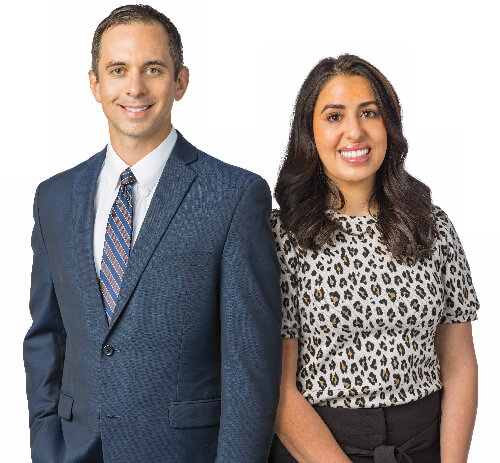11/22/2021
How best to sleep after having shoulder surgery is one of the most common things we talk to patients about during appointments after their surgery. While every patient and surgery may be slightly different, there are certain rules of thumb you can try to obtain a good rest, which is important so you have energy for daily activities and therapy or home exercises to aid in recovery.
Should I Wear a Sling While Sleeping?
Yes. You should only be removing your sling for dressing and bathing. This helps keep you from unconsciously putting your arm in a bad position and waking up in a world of pain. If you are having issues wearing a sling while sleeping, talk to your provider as they may have some tips or tricks.
How Can I Modify My Position to Reduce Pain?
Many people prefer to sleep in a recliner chair, especially for the first few days after surgery. Alternatively, using lots of pillows in bed can achieve a similar effect. If you are an active sleeper who tends to move around a lot, the recliner is a safer bet. In either case, using a small pillow between your operative shoulder and your side can also help with blood flow and prevent numbness or cramping.
The single most important thing from your care team’s perspective will be to avoid putting your shoulder in a bad enough position to lead to complications such as stiffness, dislocation, nerve injury or failure to heal properly.
Can I Ice my Shoulder Before Bed?
Yes, you can use a cold pack wrapped in a towel for up to 30 minutes. Do not fall asleep with the shoulder iced, though. And while icing can help make you comfortable enough to go to sleep easier, over-the-counter pain medications are super important. Try to time those so you have maximum relief (an hour or after taking) when you will be trying to fall asleep.
Another option, while a bit expensive, is a cryocuff or iceman, which are readily available online. These are like a special ice pack for your shoulder, and deliver numbing pain relief to all areas around your shoulder. You may need a little bit of help to use this regularly. However, these are almost essential if you do not wish to take pain medications for whatever reason. There are also several cooling machines available now that you are able to use all night while sleeping.
Do I Need a Special Pillow?
If cost is not a concern for you, there are lots of additional tools that can help. Wedge pillows can definitely be more sturdy than a pile of pillows. However, avoid body pillow systems, or long candy cane-shaped pillows. These are advertised as a solution for side sleepers, but cause more problems and pain for many. Instead, sleep on your good arm and stack pillows around yourself to keep you from flipping onto your other side unconsciously in the night.
Why Do I Sleep Better When I Don’t Do Therapy or Exercises?
Therapy is going to activate the surgical site and promote healing, but this process can sometimes add a bit of pain. It can be helpful to do therapy or exercises earlier in the day if possible to help this, but icing or timing pain medications can help you get to sleep despite pain after activity. Alternatively, sometimes stretching the elbow or shoulder before bed (per surgeons instructions) can actually help loosen the arm and make it easier to sleep with less cramping.
What Should I Wear to Bed?
It is helpful to wear thin t-shirts, tank tops, or no shirt to bed so the sling doesn’t pull around your neck or shoulder and cause the fabric to rub against your skin and irritate it, making you uncomfortable. This may seem counter-intuitive because you won’t be used to the sling fabric, but putting a pillow between your torso can also help with that.
How Long Should I Expect to Sleep Differently?
This is really going to depend on your exact surgery and how quickly you recover in general. However, a good rule of thumb is 4-6 months before you can go back to sleeping however you want. That’s a decent chunk of time, so figuring out your go-to-sleep routine is important in the first few days after surgery. And if something comes up that you can’t quite figure out, that’s a great conversation to have with your care team at a post op appointment.
OrthoNebraska has four fellowship-trained shoulder surgeons and performs more shoulder surgeries than anywhere else in Omaha. To make an appointment with a shoulder specialist, call (402) 609-3000 or text (402) 609-3000.


